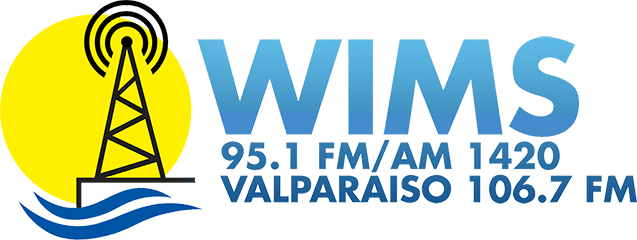Indianan State Auditor Tera Klutz, CPA confirmed the 1.7 million automatic taxpayer refund (ATR) checks are printing and the first group of checks should reach mailboxes later this week.
- On June 30, 2021, when state reserves exceeded 12.5% of state budget general fund appropriations for the following year, an $1.1 billion excess reserve transfer was automatically generated. The transfer was divided equally amongst Indiana taxpayers ($125 each) and teacher pensions.
To qualify for the $125 (or $250 if filed jointly), taxpayers would have had to file an Indiana individual income tax return for 2020 with a postmark date of Jan. 3, 2022.
- In June of 2022, the state closed the books with an annual surplus of $3.9 billion, and when combined with its previous reserve balance, resulted in Indiana having over $6 billion in reserves. Governor Eric Holcomb called a legislative special session asking the General Assembly to return some of that surplus to Hoosiers.
- On August 5, 2022, Gov. Holcomb signed Senate Enrolled Act (SEA) 2 to provide a second ATR of $200 for any individual who qualified for the first refund of $125.
How taxpayers receive their $125 and $200 refunds will depend on how they filed their 2021 individual income tax return with the Department. If taxpayers listed direct deposit (checking or savings account) information on their 2021 Indiana income tax refund, they should have already received their $125 direct deposit. If they have not received a direct deposit, they will receive a combined check from the Auditor of State for $325 (or $650 if filed jointly).
With roughly 50,000 checks printed each day, Auditor Klutz anticipates all 1.7 million refund checks being mailed by early October.
Scam Alert: Auditor Klutz, along with the Department of Revenue, also cautiously reminds Hoosiers to be mindful of potential scams about ATRs. All refunds will be issued by direct deposit or check.
Individuals should ignore any texts, emails or phone calls regarding these refunds, especially messages containing links or requesting personal or financial information, such as Social Security or bank account numbers. If taxpayers have any questions on the validity of messages or calls, please contact the Auditor of State’s office or Department of Revenue directly.

